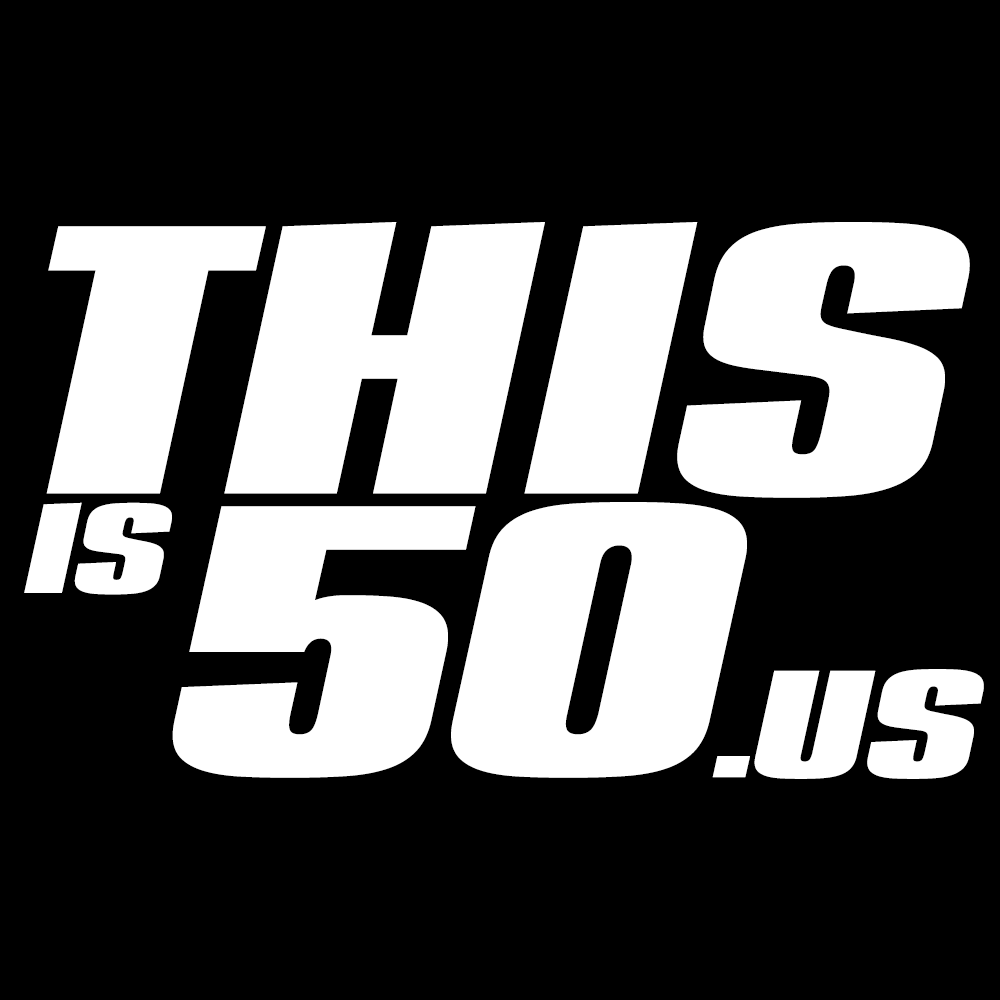When it comes to late-night television, The Late Show with Stephen Colbert has become a household name in American entertainment. With its witty humor, sharp political commentary, and unique blend of celebrity interviews and cultural insights, the show has carved out a space of its own. Since taking over the reins in 2015, Stephen Colbert has transformed The Late Show with Stephen Colbert into more than just a nightly dose of laughs — it has become a cultural barometer and a voice for millions.
A Seamless Transition: From Letterman to Colbert
The Late Show with Stephen Colbert officially began on September 8, 2015, when Colbert succeeded the legendary David Letterman. Letterman had hosted the show for over two decades, making the transition both anticipated and challenging. Many were curious to see if Colbert could step out of his former satirical “Colbert Report” persona and connect with a broader audience as himself.
To everyone’s surprise — and relief — Stephen Colbert managed to strike the perfect balance. While retaining his signature wit and intelligence, he shed the fictional conservative character he had become famous for and embraced his real personality. The Late Show with Stephen Colbert immediately became a fresh take on the traditional late-night format.
Political Satire with a Purpose
What sets The Late Show with Stephen Colbert apart from its competitors is its unapologetically sharp political satire. During the Trump administration, Colbert’s opening monologues became essential viewing for many Americans seeking clarity — and comedy — in a time of political chaos.
His critiques weren’t just funny; they were thoughtful, informed, and often emotional. Colbert used his platform to not only entertain but also to highlight issues of social justice, government policy, and media accountability. This made The Late Show with Stephen Colbert not just a late-night show, but a nightly reflection of America’s sociopolitical landscape.
Even after the Trump era, Colbert has maintained a strong political tone, continuing to address pressing issues like gun control, climate change, and the 2024 presidential election with nuance and humor.
A New Kind of Host
Stephen Colbert isn’t your typical late-night host. While others rely heavily on surface-level jokes or viral skits, Colbert brings a depth of intellect and a genuine curiosity to the table. His interviews are more than promotional chats — they often evolve into meaningful conversations. Whether he’s talking to a movie star, a scientist, or a world leader, Colbert engages with authenticity and thoughtfulness.
In moments of national tragedy or uncertainty, Colbert has also demonstrated his ability to pivot away from comedy and speak directly to his audience’s hearts. One example was after the Capitol insurrection in January 2021, where The Late Show with Stephen Colbert featured a monologue that was more heartfelt than humorous — and yet it resonated deeply with millions.
A Stellar Lineup and Memorable Moments
Over the years, The Late Show with Stephen Colbert has hosted a wide variety of guests, from Hollywood celebrities to influential political figures. Stars like Meryl Streep, Tom Hanks, and Lady Gaga have shared the couch, as have figures like Barack Obama, Alexandria Ocasio-Cortez, and Volodymyr Zelenskyy.
Beyond interviews, the show is known for its creative segments — “Meanwhile,” “First Drafts,” and Colbert’s hilarious takes on viral news stories are fan favorites. The show’s writing team, led by Colbert himself, ensures that every episode is packed with clever commentary and fresh humor.
A Digital Success Story
In today’s digital age, late-night shows are no longer confined to their broadcast slots — and The Late Show with Stephen Colbert excels in the online space too. With millions of subscribers on YouTube and consistent viral clips, the show’s reach has extended far beyond the television screen.
From trending monologues to musical performances and guest interviews, The Late Show with Stephen Colbert thrives on digital platforms. This ability to adapt to the modern media landscape has kept the show relevant and influential, especially among younger audiences who prefer streaming and social media to cable TV.
Awards, Recognition, and Cultural Impact
Since its debut, The Late Show with Stephen Colbert has received critical acclaim and multiple award nominations. It has become one of the top-rated late-night programs in America, often beating out competitors in both ratings and cultural relevance.
But more importantly, it has sparked conversations that matter. Colbert’s unique voice has influenced public opinion, challenged political leaders, and comforted viewers during difficult times. The show’s blend of humor, heart, and intellect sets it apart from anything else on late-night television.
Conclusion: A Show for the Times
In a world that’s constantly evolving, The Late Show with Stephen Colbert has proven to be both timely and timeless. Its success lies not just in the jokes but in the substance behind them. Stephen Colbert has created a show that not only entertains but also enlightens — a rare feat in the world of late-night TV.
Whether you’re tuning in for a laugh, a deep interview, or a thought-provoking monologue, one thing is clear: The Late Show with Stephen Colbert isn’t just a show. It’s a nightly ritual for millions — and a reflection of the world we live in.


